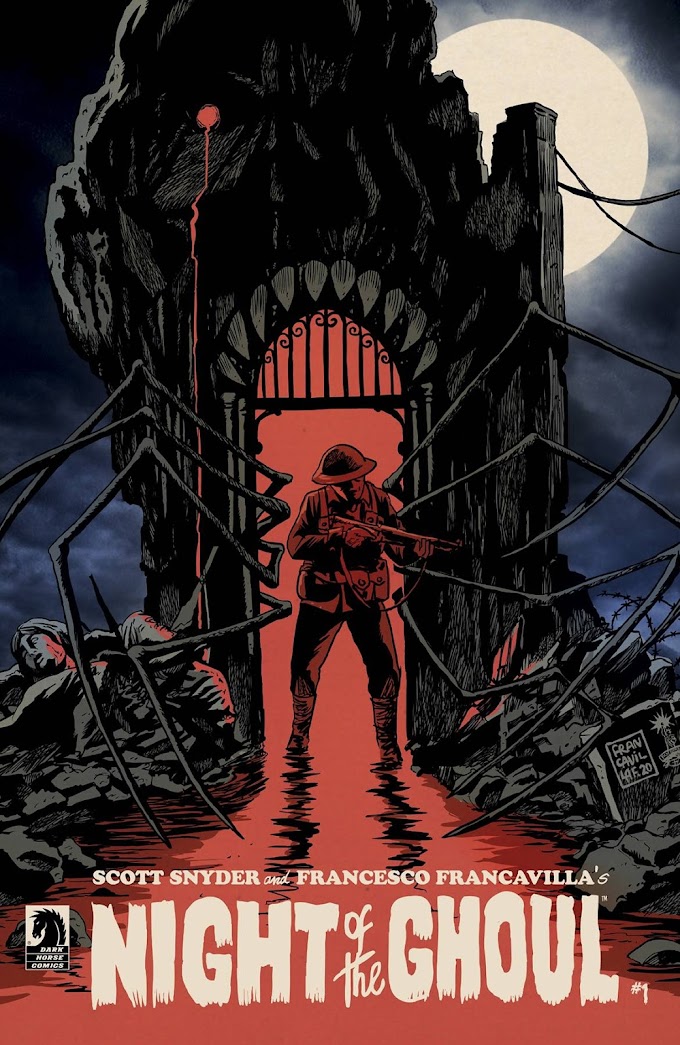Written and Drawn by Michael Cho
Published by Pantheon Books
In a circuitous way, Cho's story is about art. The way that Corrina approaches her shoplifting is far more revealing and insightful than anything we see her do in the advertising agency, even if it's attempted to be more anonymous. The theft is only a small part of this book as Cho explores the weekend after Corrina's rebellious perfume pitch. When asked why does she want to be at the agency by her boss, she has no good answer. For one of her co-workers, it's to cover his alimony payments. For her boss, advertising is almost holy work. "We are the dreamers of capitalism" he tells her, completely sincerely. Her big plans never ever included being an anything of capitalism.
Shoplifter isn't a particularly groundbreaking book. Following Corrina, Cho works through the surface level conflict that so many young (and more than a few older) people go through; are they really pursuing their dreams? She wanted to be a writer but a different kind of writer than what she has become. It's what almost everyone goes through, realizing that they somewhere along the line they've deviated from their own dreams. Cho's exploration of these themes isn't any deeper or more enlightening than the countless other times we've seen this before in comics, television or movies. Corrina's only choices are her job or her dream. There are no shades of gray or mediation between the two choices for her.
The cliche in Shoplifter is that Corrina’s choice is an either-or choice. She has to pick between her job or her dream. It’s a romantic choice because we always want the two of them to be in opposition because we want to dream to win out. We want Corrina to become a “real” writer because that validates our own dreams. But life does not work that way and Cho does not follow through far enough with his characters to add anything new to this internal struggle of worker vs. artist. What he also hardly develops is her struggle as a thief. Corrina's acts of shoplifting, even though the book is named after them, never take on any great importance in the book. That's something that she is actively doing, unlike everything else the girl wants to do but Cho introduces it only as a plot point, returning back to the thefts only as Corrina needs to have a moment of revelation about herself.
At first glance, Cho’s artwork is reminiscent of Darwyn Cooke’s Parker work. Like Cooke, the book is largely monochromatic, using a reddish-pink hue over everything. That approach to the coloring always makes the stories feel timeless and even as Cho is drawing a very realistic modern world (everyone in the crowd scenes are constantly starting at their iPhones,) the coloring contains the story in its own time. It’s not modern and it’s not retro; it’s a time which exists within the pages of the story. The color unifies all of the book’s scenes with this fashionable shading.
The most interesting thing about Cho’s storytelling is how we watch Corrina’s weekend unfold. That’s where the story comes alive as Cho gives us both intimate views of Corrina’s life and then at other times, he pushes us out of the panel until we’re just viewing her through windows. The framing of his story captures the feeling of a cosmopolitan lifestyle; it's life in the big city. From the vistas of busy city streets to pressure of crowded bars, Cho shows the world of a young woman trapped alone in a city, her only constant companion a cat that incessantly hisses at her. It' becomes more melancholy as Cho just pauses on some images, dropping any narration in them, to let the reader just linger on some aspect of Corrina's current situation.
In Shoplifter Cho engagingly creates time and place in his artwork. He captures the physical sense of Corrina's life without being able to really get into her soul. Shoplifter becomes a story about competing and conflicting choicesthat Cho really gets to express through line, shape and color. A gorgeous looking book, Cho never pushes or explores Corrina hard enough to really make her struggle anything more than a surface-level conflict between what she has and what she wants.









![Sweat and Soap [Ase to Sekken] by Kintetsu Yamada](https://blogger.googleusercontent.com/img/b/R29vZ2xl/AVvXsEgMnQltxjWqGS1_duhCp9Er1a0NbALuSFrqvjaV4_PjN_w67xCGghYt-l0qKyqTH7Ei7gbq_mxVq8aPAuOiyaArwAMLJWhpGmOYaARUBnwvjmv2-ZIe20m_zR5CvKnPdI6US_AuOnmi3gSX/w680/57525895-BA7E-4EF8-9FE4-89F9C164E1A4.jpeg)

